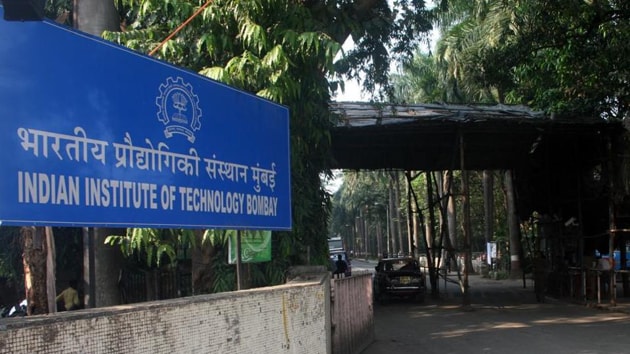IIT-B most preferred choice of top JEE-Advanced rankers
The Joint Seat Allocation Authority (JoSAA) for IITs released the first seat allotment list on Thursday. All India Rank 1 in several categories, including general and female, have opted for the Computer Science course at IIT-B.
The Indian Institute of Technology Bombay (IIT-B) remains the top choice for Joint Entrance Examination-Advanced (JEE-Adv) toppers, with 64 of the top 100 rankers, and 147 of the top 500 rank holders selecting the institute.

The Joint Seat Allocation Authority (JoSAA) for IITs released the first seat allotment list on Thursday. All India Rank 1 in several categories, including general and female, have opted for the Computer Science course at IIT-B. The four-year course has once again received maximum applications. The other IITs that are popular among toppers include those in Delhi, Madras, Kharagpur and Kanpur.
The total intake capacity of 23 IITs stands at 13,583 this year, up from 11,279 in 2018. Officials attributed the increase to the supernumerary seats added in all institutes to accommodate female students as well as those under the 10% economically weaker section (EWS) quota.
“All seats, especially in IITs, have been allotted in the first round. Some seats in NITs (National Institutes of Technology) and GFTIs (Government-Funded Technical Institutes) that did not have takers are vacant but will be filled over the next few rounds,” said ML Sharma, organising chairman JEE-Advanced 2019, IIT Roorkee.
This is the second year that all institutes have kept aside supernumerary seats for female students. IIT-B alone had 96 seats under this category that have been allotted to excess number of students.
Experts said that IIT-B’s Computer Science department has managed to attract the top chunk of students for years due to a variety of reasons. “An Institute is always known for its faculty and the computer science department of IIT-B has some of the best professors, which attracts students. Similarly, the institute has topped various annual surveys and this makes a difference for students,” said Pravin Tyagi, founder and director of Pace Junior Colleges.
Admissions to IITs depend on the JEE-Adv scores, results for which were declared on June 14. Of the 1.61 lakh students, who had appeared for the exam, 38,705 were declared eligible for admissions through JoSAA this year by lowering the eligibility scores.
IIT-Roorkee lowered the bar to allow more students from all categories to make it to the ranking list and eventually avoid seat vacancy across institutes. The cut-off for the general category was reduced to 25% from last year’s 35%, while that for scheduled caste and scheduled tribe, it is 12.5%, up from last year’s 17.5%. The qualifying score for the newly-created EWS and other backward category — non-creamy layer (OBC-NCL) — is 22.5%, compared to 31.67% last year.
“The Centre had directed us to have at least twice the number of candidates than the number of seats available in each of the categories. Another reason for including more students on the list is that many reserved category students were unable to get their caste certificates on time. While many of them requested to extend the date to apply for the examination, they will now have to produce the certificates at the time of counselling,” added Sharma.












